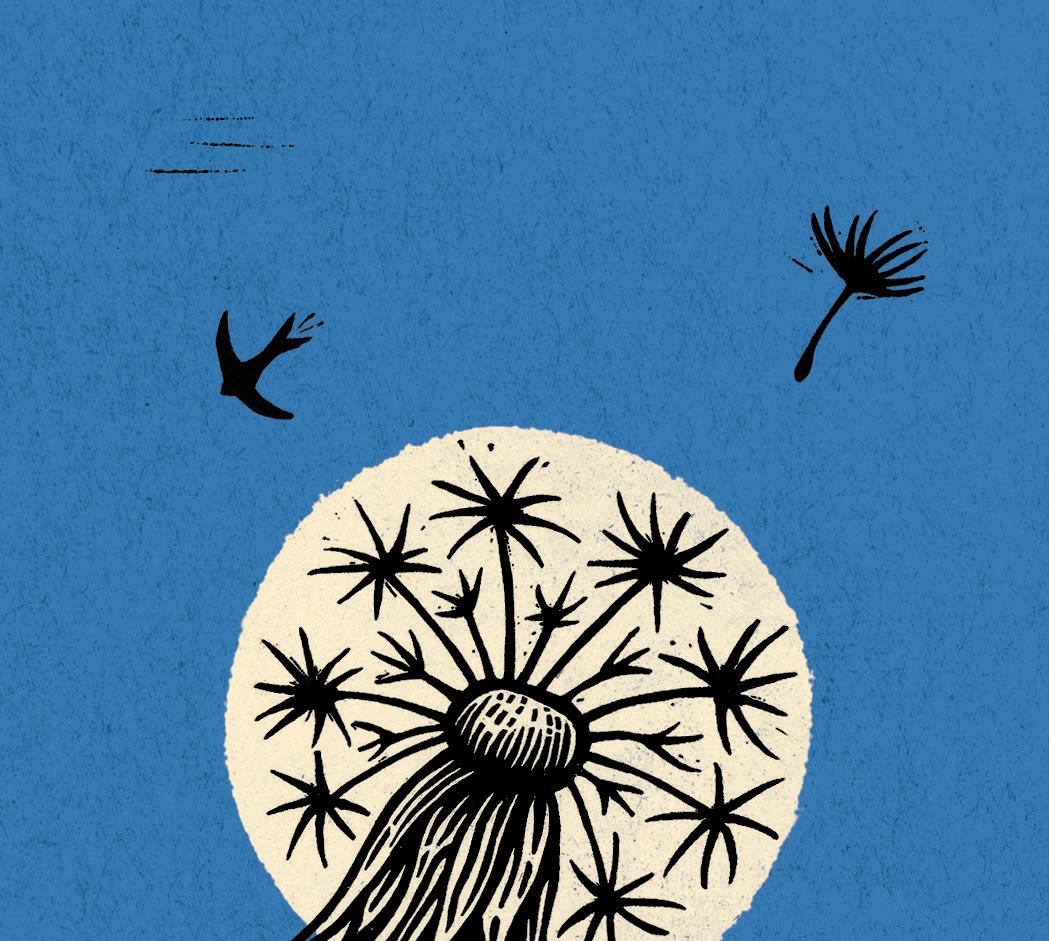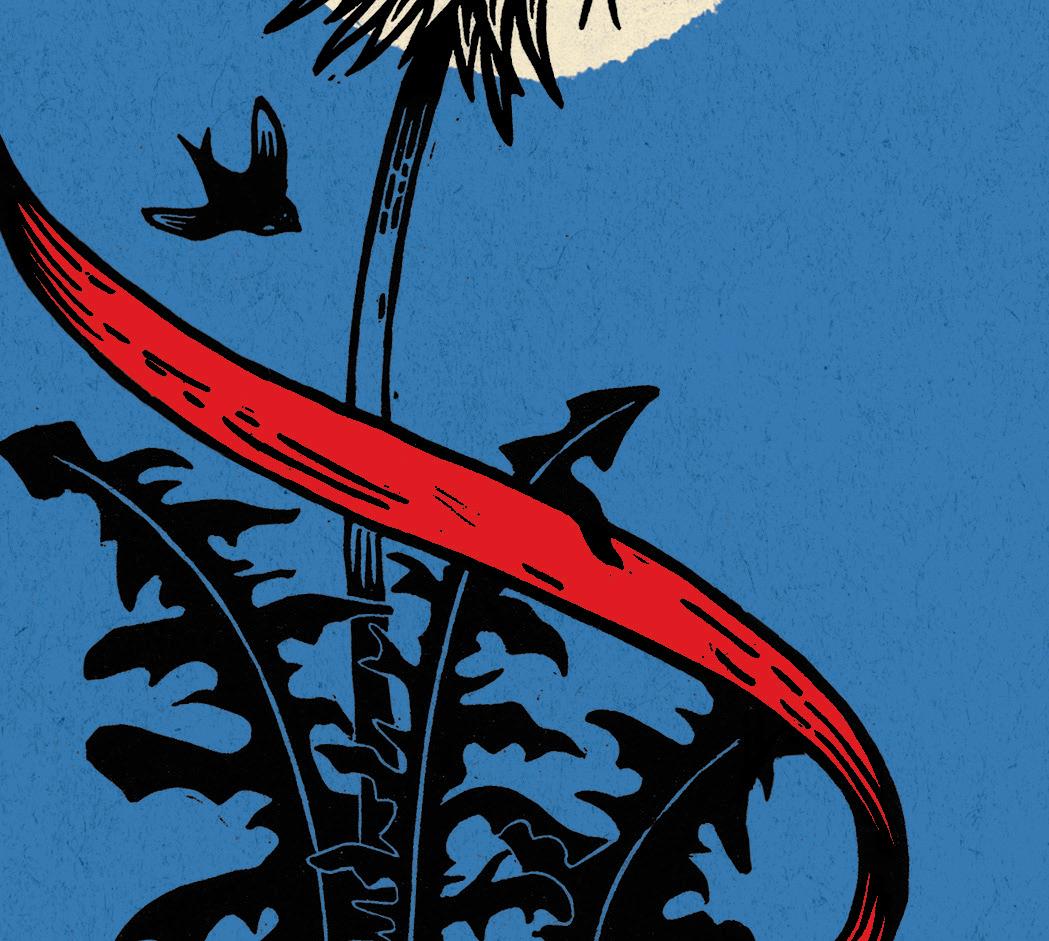








‘Liz Berry’s The Home Child is an extraordinary work of imagination, conjuring the little-known stories of orphan children cast away from Britain to Canada. Poetic virtuosity is combined with novelistic storytelling as we follow the unfolding fate of Eliza Showell, an orphan girl from the ‘Fiery Holes’ of the Black Country, to the distant and hostile Marble Mountain. Berry’s writing is beautifully in tune with childhood longing and fear, and the burning desire to love and belong. An exquisite book’
Hannah Lowe
‘Only Liz Berry could write such raw and staggeringly beautiful poems, and bring such necessary, tender witness to the atrocities of child emigration. The reader is blown open to her home-child’s world: cold skies, grief, a mother’s love singing through the dark. This sequence broke my heart. Now little Eliza nests in its pieces’
Fiona Benson
‘Every collection by Liz Berry is a treasure, but this one struck even deeper. The language is exquisite, every poem pitch perfect and brimming with tenderness; if there is rage in the heartbreaking story, the poetry breaks through it and transforms with love. And although the theme is personal, about a great aunt, this collection resonates with all who are exploited, abused, exiled and dispossessed. It has universal reach to the ongoing exploitation of Earth’s poor. The Home Child is one of my favourite books of all time’
Pascale Petit
‘I was gripped by The Home Child and endlessly delighted by Liz Berry’s erce and lovely reimagining of a forgotten life’
Alison Light
‘These are beautiful poems that are full of compassion, inspired by a moment in our history that lacked compassion. Liz Berry has given the world another groundbreaking collection of poems. Her verses are sensitive and tender, yet the language is real and un inching’
Benjamin Zephaniah
‘The Home Child is a triumph. A novel in verse, an elegy, a profound act of witness, with the poet’s enviable eye for image and detail. And like the best works of art and acts of witness it conveys dignity, a subtle and de ant humanity that rescues the forgotten, the wronged and the neglected from memory. It’s a deep statement on the power and responsibility of writing, and I found it frequently moving, needfully shocking, and visionary and life-a rming in its metaphors. Eliza is brought to such tangible and complex life I feel as though I’ve met her’
Luke Kennard
‘In The Home Child Liz Berry has produced a magni cent book that is a time machine, a memory-engine and a site for poetic narrative experiments. She takes us on a heartbreaking journey in a voice grown in Midland soil and thrown across the world, and she persuades us to examine our own past, whoever we are’
Ian McMillan‘Deeply moving. A graceful, delicate book, stunning in its emotional depth . . . I know I’ll return to it many times in the future’
Megan Hunter‘These poems are as alive as re, leaping from the page with vividness and warmth, their embers glimmering in the mind long a er the book has ended. Deeply moving, unforgettable’
Doireann Ní Ghríofa
‘The Home Child is a remarkable collection . . . This is poetry designed to rescue a girl from history – a thought-provoking weave of fact and imagination which tracks her as she adapts to this new world. It describes in her own words how her life is transformed and, in doing so, transforms ours’
John Glenday
‘Liz Berry’s poems are captivating and charged with her characteristically rich and sensuous Black Country language. The Home Child brings to light the devastating history of forced child migration in the service of Empire and is a deeply moving tribute to the author’s great aunt. This is a book that should be on the curriculum’
Naush Sabah
Liz Berry is an award-winning poet and author of the critically acclaimed collections Black Country (Chatto & Windus, 2014); The Republic of Motherhood (Chatto & Windus, 2018); The Dereliction (Hercules Editions, 2021), a collaboration with artist Tom Hicks; and most recently The Home Child (Chatto & Windus, 2023), a novel in verse. Liz’s work, described as ‘a sooty soaring hymn to her native West Midlands’ (Guardian), celebrates the landscape, history and dialect of the region. Liz has received the Somerset Maugham Award, Geoffrey Faber Memorial Prize and Forward Prizes. Her poem ‘Homing’, a love poem for the language of the Black Country, is part of the GCSE English syllabus. Liz is a patron of Writing West Midlands and lives in Birmingham with her family.
Vintage is part of the Penguin Random House group of companies whose addresses can be found at global.penguinrandomhouse.com
First published in Vintage in 2024
First published in Great Britain by Chatto & Windus is 2023
Copyright © Liz Berry
Liz Berry has asserted her right to be identified as the author of this Work in accordance with the Copyright, Designs and Patents Act 1988
penguin.co.uk/vintage
Printed and bound in Great Britain by Clays Ltd, Elcograf S.p.A.
The authorised representative in the EEA is Penguin Random House Ireland, Morrison Chambers, 32 Nassau Street, Dublin D02 YH68
A CIP catalogue record for this book is available from the British Library
ISBN 9781529937817
Penguin Random House is committed to a sustainable future for our business, our readers and our planet. This book is made from Forest Stewardship Council® certified paper.
For Eliza and all those who journey like her, with love
In 1908, aged twelve and newly orphaned, my great aunt, Eliza Showell, was sent from the Middlemore Children’s Emigration Homes in Birmingham to rural Nova Scotia, Canada. She never returned to Britain or saw her brothers again.
This was not an uncommon story. Between 1860 and 1960, over 100,000 of Britain’s poorest and most vulnerable children emigrated to Canada to work as indentured farm labourers and domestic servants. They were known as Home Children. Their migrations were arranged by religious missions, workhouse unions and philanthropic organisations. Some children were orphans, but most were from families who were unable to care for them due to poverty, illness or the loss of a working parent. It was believed that by sending the children to Canada they were being given the gi of a better life.
On arrival, Home Children were separated from any remaining family and received little supervision in their rural placements. Most worked only for their board and many were poorly treated. The children received scorn and abuse from the communities they entered, amid belief
that, due to their circumstances, they were intellectually and morally un t. Although some managed to thrive and build the promised ‘better life’ for themselves, many carried the e ects of their loss and ill-treatment throughout their lives.
For Britain, the child migration schemes began as a philanthropic drive to save children from destitution. Yet emigration was also a cost-e ective means of providing ‘building blocks for the Empire’, emptying overcrowded children’s homes and ridding the country of those deemed to be a drain and threat to society. For Canada, Home Children provided a source of cheap labour. Indeed, the director of one agency involved in child migration argued that he did not believe the work of bringing British child migrants to Canada should be under the Department of Child Welfare but under the Department of Natural Resources.
The child migrant schemes were abandoned in the 1960s and evidence of them, and their failings, was buried until the late 1980s when the Child Migrants Trust began to uncover the stories of those sent away. Many of the children knew little of their birth families and had been made to feel so deeply ashamed of their pasts that they hid them even from their partners and families in adulthood. It is estimated that one in ten Canadians is now descended from a Home Child.
As for Eliza Showell, we know very little of her life beyond her Middlemore records, only that she lived all her years in the same small area of Cape Breton, working in domestic
service, never raising a family of her own. We have two photographs of her: one as a young woman in the elds at Cape Breton, and one in old age, standing outside the white church at Marble Mountain. She died in a seniors’ home in Inverness, Nova Scotia, in 1978. Her employers paid for a small stone to be laid for her in Malagawatch Cemetery. In 2010, the Canadian Year of the British Home Child, we visited the rural site where she is buried to lay wild owers on her grave.
That same year, Prime Minister Gordon Brown made an o cial apology on behalf of the UK government to the child migrants and their families: ‘We are sorry that they were allowed to be sent away at the time when they were most vulnerable. We are sorry that instead of caring for them, this country turned its back, and we are sorry that the voices of those children were not always heard.’